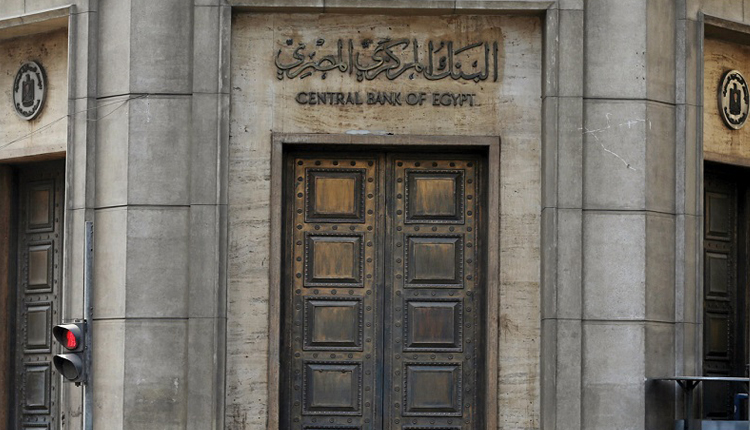The Central Bank of Egypt (CBE) said world and domestic economic disruptions following the COVID-19 outbreak will weigh on the outlook of real GDP growth. However, the recently implemented monetary and fiscal policies and structural reforms will help support the recovery of the economy.
According to its recent monetary policy report, the CBE projected that the outlook for Brent crude oil price incorporated in the domestic inflation outlook has declined in comparison to the previous monetary policy report, affected by the combined impact of lower demand and higher supply globally, with the latter especially evident following the lack of agreement between OPEC and non-OPEC member countries on additional supply cuts.
In addition, it said that international food price forecasts relevant to Egypt’s consumption basket are expected to increase in 2020, albeit with lower magnitude compared to previous report, and to decline in 2021, according to Ahram online on Wednesday.
It also said that there are serious risks surrounding the domestic inflation outlook from the global economy including the impact of disruptions to global economic activity, which could weigh on the global economic outlook, in the short term, following COVID-19 outbreak.
“While Brent crude oil spot prices remain subject to volatility due to potential supply-side factors that include geopolitical risks, risks surrounding the outlook are tilted to the downside, ” according to the report.
Domestically, as cost-recovery for most fuel products was reached, the pass-through of international oil prices to domestic inflation is based on the implementation of price indexation to underlying costs with quarterly adjustments capped by ±10 percentage per adjustment.
It noted that the decision to introduce three percent (300bps) to key interest rate cuts in March provides appropriate support to domestic economic activity given the current challenging external environment, while the inflation outlook remains consistent with attaining the inflation target of nine percent (±3 percentage points) in the fourth quarter of 2020.
Global economic growth stabilised, trade growth continued to slowdown, international oil prices declined, and capital flows into emerging markets reversed on the back of COVID-19 outbreak, according to the CBE’s report.
Furthermore, economic growth of Egypt’s external environment stabilised at 2.2 percent in the third quarter of 2019, after softening for four consecutive quarters extended between the third quarter of 2018 and the second quarter of 2019.
Annual headline inflation of Egypt’s external environment went up to register an average of 2.2 percent in the fourth quarter of 2019, up from 1.9 percent in the third quarter of 2019, while inflation in emerging economies increased to register an average of 4.2 percent in the fourth quarter of 2019, up from 3.4 percent in the previous quarter, according to the report.
The CBE report attributed such an increase to the acceleration of the inflation rate in China, India and Brazil, which more than offset the deceleration of the inflation rate in Russia in the fourth quarter of 2019, compared to the previous quarter.
Meanwhile, annual global trade growth continued to slowdown in the fourth quarter of 2019, for more than two consecutive years, to register -0.8 percent, compared to -0.9 percent in the previous quarter, marking the third contraction on annual terms since the fourth quarter of 2009, down from a peak of 5.2 percent in the third quarter of 2017, as the report noted.
The report also unveiled that capital flows into emerging markets reversed between mid-January 2020 and February 2020, for the first time since August 2019, driven by the increased risk aversion towards emerging markets as a result of concerns regarding the disruptions to economic activity following the COVID-19 outbreak.
The report demonstrated, as well, that real GDP growth stabilised at 5.6 percent in the third quarter of 2019 after recording 5.7 percent in the second quarter of 2019 and 5.6 percent in fiscal year 2018/19, the highest since 2007/08.


